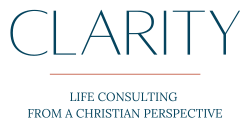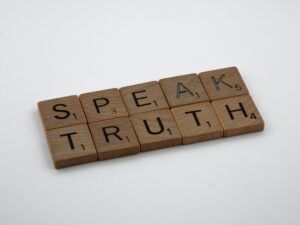Giving up milk is tough when you love coffee, but it’s even tougher when brie is one of your favourite foods. Several years ago, a friend suggested that I try giving up dairy as a solution to the cystic acne I had experienced my entire life. Despite my love of soft, French cheese, I decided to give it a go. Within 4 weeks I was starting to see a real change, and 10 weeks later my skin was totally different. I wasn’t in pain from cysts and the red spots on my face and neck had virtually disappeared. Needless to say, I was a convert.
But a different friend was incredulous. “No dairy? Not even a little milk in your coffee?” She asked. “I could never give it up completely. I just need a bit.” The truth is, I didn’t have a choice- having a little milk in my coffee produced almost the same reaction as eating an entire wheel of brie. And obviously, if I was going to indulge, I’d rather have more than less!
Fortunately, this whole process made me realise that for the most part, I’m an “abstainer”: I find it easier to go without something completely than to just have a little bit every now and then. My friend, however, is a “moderator” – if she has something in moderation, it’s fine, but if she has to go without completely, it’s actually harder for her.
I grew up hearing the advice, “everything in moderation” – which is a fine enough mantra, but the fact is, some things, even in moderation, just don’t work for me. Milk is one. But learning about the milk issue has made me realise that the “abstainer” in me shows up in other areas of my life, too. I’m not a great “moderator” when it comes to TV. One episode at a time? No way. I’m a binge-watcher. And so when I have a big project to work on, I just don’t watch TV at all. I might go weeks without seeing any shows or movies. But then when my project is over? You can find me burning through an entire series in a very short amount of time.
I used to beat myself up about what a waste of time it was, or how lazy I was, or how “unbalanced” that approach was. But the truth is that balance doesn’t just happen in a 24 hour period. It happens over the course of our life, which tends to unfold in seasons (of various lengths). For me, that looks less like “one episode to relax each evening after a day of work” and more like, “several days or weeks of intensive work followed by a good stretch of complete rest.”
When it comes to our tendencies, it can be really helpful to know if we lean more towards being moderator or an abstainer. In trying to quit a bad habit, for example, abstainers will probably find it easier to go “cold-turkey,” while moderators will likely need to taper off gradually. This can even apply to neutral behaviors (like watching TV).
It gets a little more complicated, though, when it comes to questions of virtue and vice. Aristotle is famous for saying that virtue lies in the middle between two extremes: surely that’s a call to moderation if ever there was one?
The key is understanding that the tendency to be an abstainer or a moderator can’t be applied to things that are truly harmful: no one would argue that a “moderate” amount of embezzling funds from the company is ideal, or that a “moderate” amount of lying is virtuous.
Abstaining or moderating describes ways in which we tend to act in situations that are in themselves generally good or morally neutral: Would you rather eat the whole chocolate bar in one sitting on Sunday, and abstain the rest of the week? Or moderate the distribution by eating one piece each night? No one would suggest that consuming an entire chocolate bar every night of the week is a good idea.
When it comes to most areas of life, we can benefit from recognizing our tendencies. Should we start the novel tonight? Will we be able to go to bed after one chapter, or will it keep us up late because we won’t be able to put it down? Should we open this bag of crisps? Will we be able to save any for tomorrow? Or should we just wait until there are a few people to share it with so we don’t eat the whole thing? Is it a good idea to tackle this project when the whole afternoon is free? Or will we want to just do a little work on it every day anyway, so we may as well spend our free time doing something else?
As ever, knowing ourselves can not only help us live better: it can aide us in understanding the people we live and work with, who may fall very differently along the continuum of tendencies. If your child is a moderator and you’re an abstainer, you might let him have a bit of dessert after dinner. You’d eat more than you should, but he won’t. If your colleague is an abstainer, while you’re a moderator, you might need to chat about your approaches to working on a big project: will you be content with her having it done by deadline, even if she crams the work into the last few days?
Self-knowledge is crucial to both personal growth and working well with others. Not sure where to start? Try these tips.






